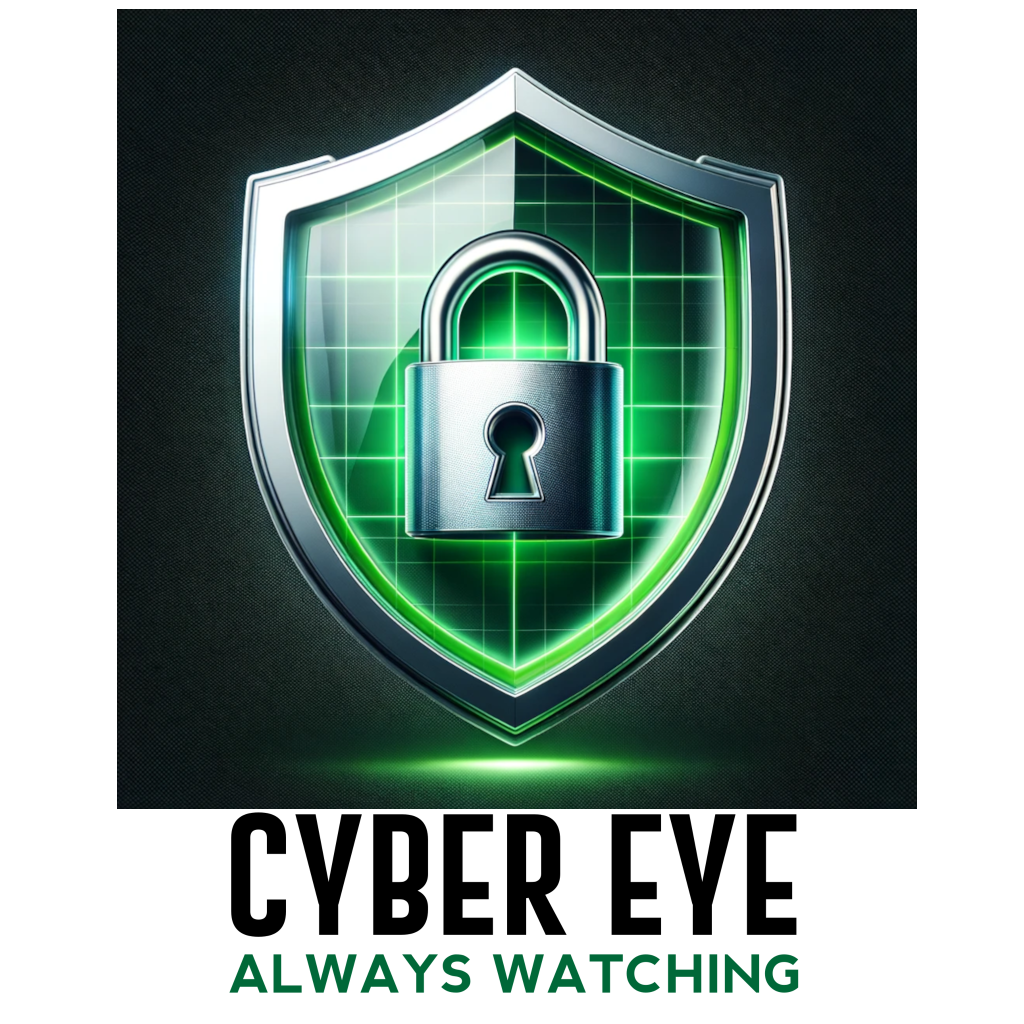Even the Experts Can Be Fooled

When even experts in social engineering can be fooled, it is important to ensure a defense in depth strategy for your business’ information security. KnowBe4, one of the country’s largest providers of cybersecurity and social engineering training, got fooled by a North Korean IT worker intent upon loading their network with malware.
KnowBe4 had a job opening. They were looking for someone for their internal Artificial Intelligence (AI) team. What they received instead was a valuable training lesson in advanced social engineering. They were fooled. But unlike many companies, they disclosed the failure. Their experience might save others from a similar fate.
Fortunately, they caught the imposter early enough so there was no breach or illegal access to the company’s systems. They stopped him before he could do any damage. Here is how it happened, how they stopped it, and some lessons learned.
The human resources team did their jobs. Background checks came back clean because the imposter was using a valid but stolen US-based identity. They conducted 4 video conference-based interviews validating that the person matched the photo on the application. The imposter took a stock photo and used AI to merge his features to the photo. HR even verified his references.
Once hired, the imposter asked to have his laptop sent to a farm. Not the kind you’re thinking of. It was “an IT mule laptop farm.” The laptop farm is like an office filled with laptops and computers hackers use. They connect remotely from North Korea to the laptop farm. It was a good thing KnowBe4 restricted new employee access and didn’t allow access to the production systems.
Once the imposter had been successfully hired and his laptop had been delivered, it was time for him to embed his malware onto the company network. He downloaded and attempted to execute malware. He then used some technical trickery to cover his tracks.
The good news is the company security operations center (SOC) was alerted to potentially dangerous behavior and called the imposter. The imposter claimed criminals must have compromised his router. The SOC team quickly isolated his computer from the rest of the network preventing his access to valuable systems and data. The imposter was unresponsive once he figured out that he was caught.
Here are some lessons learned. When a company uses remote workers with remote computers, the company should have a way to scan the device ensuring there are no other connections on the device. When hiring workers, don’t rely simply on email references. Do not ship laptops to locations that don’t match the applicant’s address. Make sure applicants are not using Voice over IP (VOIP) phone numbers. Lastly, watch for discrepancies in address and date of birth.
With all the process failures, KnowBe4 did not suffer a breach. They understood defense in depth. They had multiple lines of defense in case one (the employee screening process) was breached. All their laptops had endpoint detection and response (EDR) software loaded and they had a SOC watching over their network. The EDR stopped the malware from executing and alerted the SOC. The SOC team isolated the computer right away and escalated the issue.
When it comes to protecting your business, you cannot rely on the minimal protections. Firewalls and anti-virus are useful, but they do not stop a hacker from entering through your email or your browser. Technology, like EDRs and SOCs, may save the day, but must be backed up with tried-and-true policies and training. Although KnowBe4 is an expert in social engineering, they got scammed due to lax hiring policies. They have since updated their hiring policies. Remember, a fool may learn from his own mistakes, but a wise man learns from the mistakes of others. Be the wise man.

